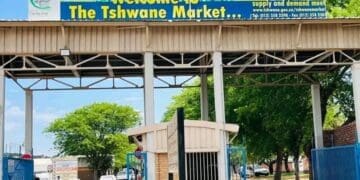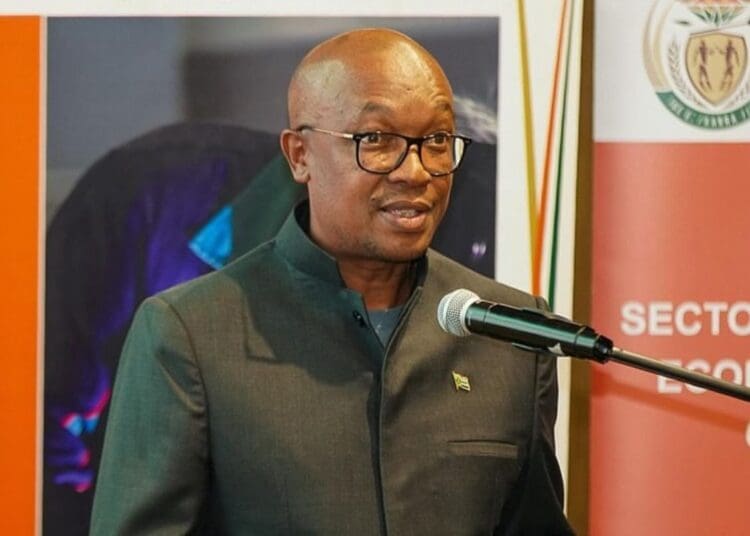Transport Sector B-BBEE Charter Council chairperson Kgomotso Selokane has called on the government to ensure that the Transformation Fund responds directly to the realities faced by SMMEs.
“Transformation looks different across our sub-sectors. In taxis, logistics or maritime, the barriers vary. This process allows us to hear those voices and tailor solutions that are fit for purpose,” Selokane said during a gathering of entrepreneurs and industry leaders at the Deloitte offices in Midrand.
“When you support SMMEs, you build communities, unlock jobs and ensure growth reaches the places it’s needed most.”
The fund aims to accelerate economic transformation across eight sub-sectors of the transport industry, including taxis, rail, maritime, aviation, logistics and freight. It will offer financial support such as loans and equity funding—alongside non-financial assistance, including mentorship, compliance support and market access.
The event, hosted by the Department of Trade, Industry and Competition and the Department of Transport, was part of a national stakeholder consultation process running until 28 May 2025.
It was led by Trade, Industry and Competition Minister Parks Tau and his transport counterpart, Barbara Creecy, with support from the council.
Tau said there was an urgent need for tailored interventions that spoke directly to the needs of black-owned SMEs.
“SMEs make up over 90% of all businesses and employ two-thirds of our workforce. Yet black-owned MSMEs still face deep barriers—high collateral requirements, limited credit history, lack of mentorship and limited market access. This fund will tackle these challenges head-on,” he said.
The fund will connect SMMEs to adjacent sectors like agriculture, automotive, manufacturing and tourism. Export readiness and market access are key goals.
“Efficient transport and logistics are the circulatory systems of our economy,” Tau added.
“They move raw materials to factories and finished goods to consumers. This fund will help black-owned MSMEs fully participate in and transform this system.”
This sentiment was echoed by industry leaders such as Unathi Sonti, who is the executive chairperson of the Maritime Business Chamber.
“We are here to ensure that maritime is fully included. It must empower marginalised SMEs in areas such as terminal operations, ship repairs and ownership,” Sonti said.
African Rail Industry Association CEO Mesela Nhlapo said the fund could unlock long-term manufacturing contracts and integrate small players into the broader railway value chain.
“This is game-changing,” she said.
Amongst entrepreneurs who attended the event was Reneiloe Semenya, the co-founder of Maysene Logistics. While she welcomed the financial support, Semenya said infrastructure breakdowns often made growth impossible.
“It’s not just about getting funding. Without working electricity, telecoms and public infrastructure, we cannot perform. Crime is also a serious issue. High insurance claims due to theft mean we can’t consistently deliver. These systemic problems must be fixed,” she said.
SA National Taxi Council president Abner Tsebe highlighted how the fund could help formalise and grow the informal “taxi-rank economy”, which included drivers, mechanics, car washers and fuel suppliers.
“For the first time, township and rural economies—where our industry lives and breathes—are being placed at the centre of South Africa’s development objectives,” Tsebe said.
He stressed the need for affordable finance, adequate infrastructure and strategic support for transitioning into electric vehicles (EVs).
“We are not going to just get into EVs without infrastructure. If implemented effectively, this fund can provide loans, equity and investments to taxi operators and associations to diversify and grow.”
Tsebe also advocated for digital transformation and workforce formalisation.
“We must digitise fare collection and formally employ our partners. The inclusion of training, mentorship and business compliance is critical. Many of our operators have been excluded due to lack of access.”































































